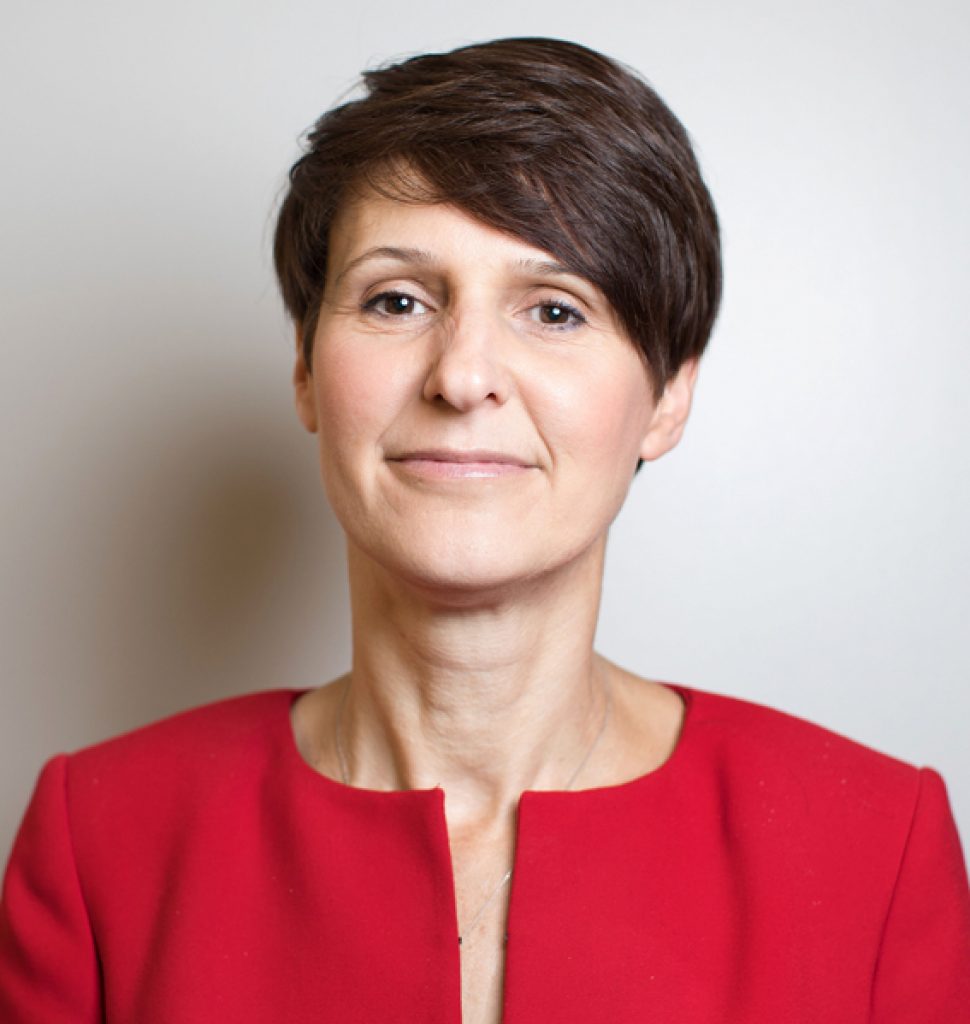The Department for Education has announced £10 million to help schools in areas hardest hit by learning loss during the Covid-19 pandemic.
The money will go to programmes identified by the Education Endowment Foundation to help disadvantaged pupils with maths and literacy catch up from January.
The cash comes from the £22 million accelerator fund, which is part of the £302 million recovery premium pot. The fund aims to scale-up and spread effective teaching practice.
Another £10 million has already been used to focus on English and maths catch up sessions, as announced over the summer. DfE said the £2 million is a surplus that both accelerator projects can access if needed.
The three areas targeted will be the north of England, East Midlands and Humber and the West Midlands.
However DfE said further details – such as when the scheme will be rolled out and how many schools will be reached – will not be announced until the new year.
A DfE commissioned study into learning loss, run by Renaissance Learning and the Education Policy Institute, found the three targeted areas were among the hardest hit.
The latest study found primary-aged pupils were on average about 0.9 months behind by the summer term, with secondary pupils 1.3 months behind.
But poorer pupils were even further behind, with the estimated gap in reading between disadvantaged pupils and their better-off peers at around 0.4 months for primary and 1.6 months for secondary.
The EEF will support “a number of programmes” for schools in those areas, particularly “those showing the most promise in increasing student attainment,” DfE said.

The organisation will also ensure programmes are ready to be “accessible at a larger scale, whilst maintaining their high quality and impact”.
The EEF said it will support the “development of suppliers of evidence-based practice” over 12 months.
Existing programmes shown to be effective in previous EEF trials will be scaled up and extended, including to schools where these had not been previously available.
The EEF network of Research Schools will support the roll out and help develop new programmes.
The Research Schools Network will also develop and deliver a “bespoke training programme” to support schools in “diagnosing” and implementing areas for development and improvement.
The work will be “robustly” evaluated.
Schools minister Robin Walker said strong maths and literacy skills are “fundamental in unlocking young people’s future”.
Professor Becky Francis, EEF’s chief executive, said teachers are “keen to engage with evidence and implement practices that are supported by the wider research base for the benefit of their pupils”.
“In the long-term this initiative will broaden schools’ access to programmes with the potential to make a real, positive difference to pupils’ attainment.”















Your thoughts